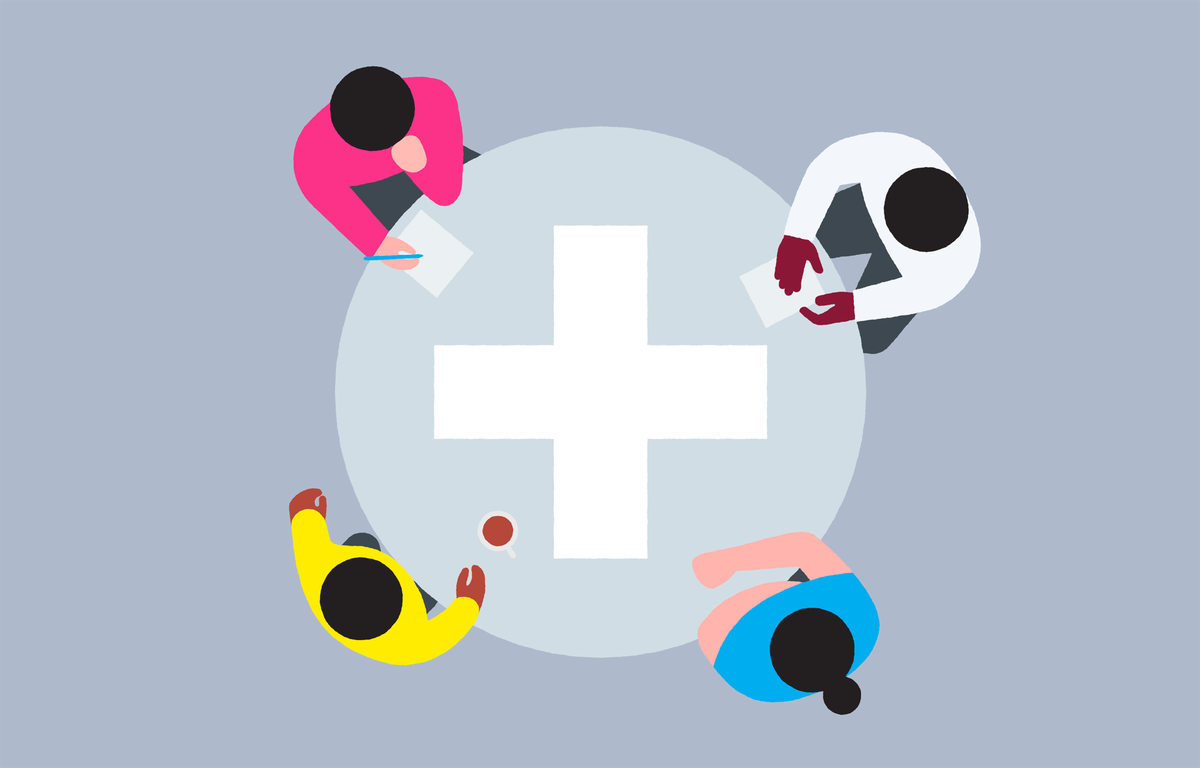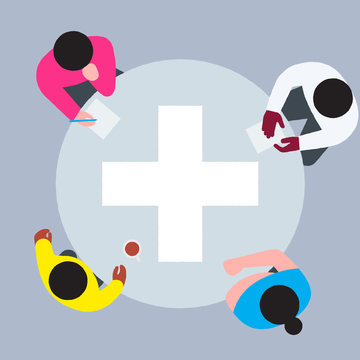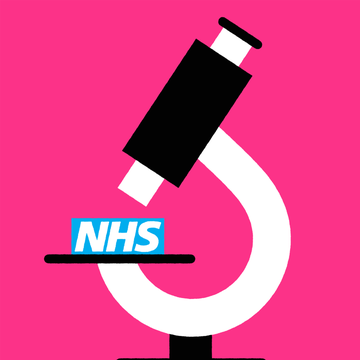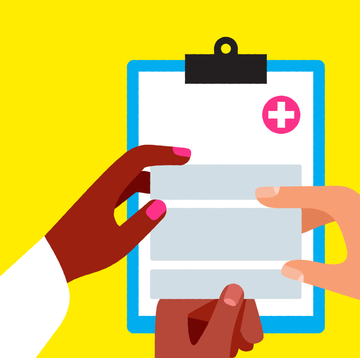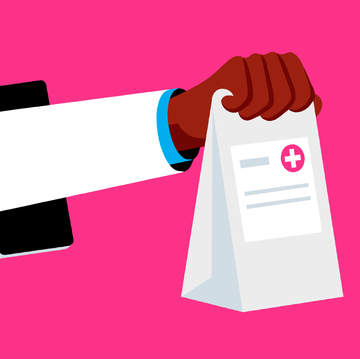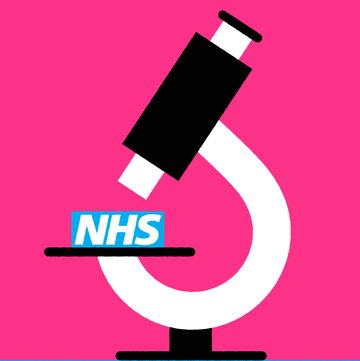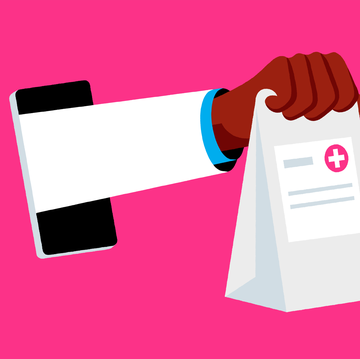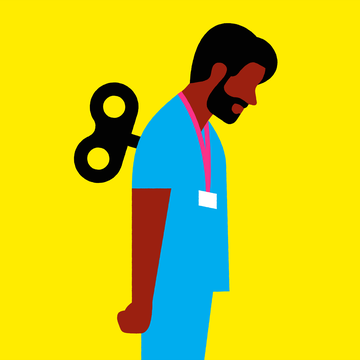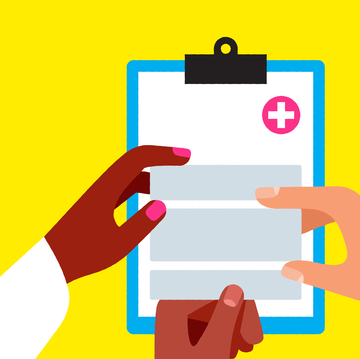Our health service is unwell. You’ve read the news stories – staff at breaking point, pitiless waiting times, patients languishing in corridors. The problems it faces are deep and knotty, though hope is not lost. Whether the solutions lie in smarter funding, technological innovation, or even our own actions, there are bright minds at work to find them. For this series, MH assembled a team of field-leading thinkers to share their strategies.
What role could – and should – local pharmacies play within our healthcare system?
Generally, people are surprised by the breadth of things community pharmacies do. We play a huge role in vaccinations and offer a variety of services in sexual health and treating minor conditions. And, of course, around the safe use of medicine.
Right now, there’s a drive to broaden that. We’ve seen some recently commissioned services such as hypertension screening. There’s a lot of discussion about a ‘Pharmacy First’ service.
We’re talking about England, here. In both Wales and Scotland, they already have a version of Pharmacy First. It recognises that there’s a large proportion of people who have a minor ailment that needs a healthcare practitioner to look at it, but doesn’t necessarily require a doctor. It’s not complicated stuff, but if it’s not treated, it might get worse.
The NHS estimates that, in England, there are 20 million GP appointments a year that could be treated in a community pharmacy. That’s a big number! Twenty million appointments could be moved over right now, without the need for any additional training.
What are the obstacles to this happening?
Many GP surgeries can already refer you to a pharmacy. The problem is, that doesn’t help – because you’ve got to go to the GP in the first place to get referred. It’s a bureaucratic nightmare. If patients know when they can be seen by a pharmacy and when they need to see a doctor, you can let them go directly.
The other problem we’ve got is that community pharmacies need to be paid for the work that they’re doing. That’s true of the whole healthcare system, but at the moment, there’s not enough funding for us. We actually want to be more ambitious than 20 million appointments; we think there are 30 million people every year who could go to their community pharmacy and have a private consultation with a pharmacist.
There are certain mechanisms, called Patient Group Directions (PGDs), which allow pharmacists to supply and administer select medicines without a prescription. That’s an immediate solution. About 5% of community pharmacies are already prescribers. And from 2026, every pharmacist who graduates will be an independent prescriber. So, this extra 10 million becomes easily achievable. The problem is, if the NHS want us to provide these appointments, it must fund them. And that’s what we need Pharmacy First to do.
Most of the NHS is struggling, it’s swamped. The pharmacies are saying, ‘We’d like more work. Send more patients to us. All you need to do is give us the money to do that.’ But because of this dearth of funding over all these years, we’re seeing the active deterioration of the pharmacy network. Just accounting for inflation, each individual pharmacy in England is underfunded by £67,000 a year – that’s more than £750m in total. Since 2015, there have been 720 closures and 41% of them were in the 20% most deprived communities. And the trend is accelerating.
Do community pharmacies offer any intrinsic benefits compared with a GP’s office?
A lot of patients are more willing to come to community pharmacies, because it’s not this very clinical environment. It can be part of your shopping. That ties into a larger point about accessibility. Nearly 90% of the population are within a 20-minute walk of a pharmacy. And they’re open longer. So, if you do shift work or work long hours, you can access the pharmacy at a time that works for you. You don’t need to register with a pharmacy, either. That flexibility is really important.
